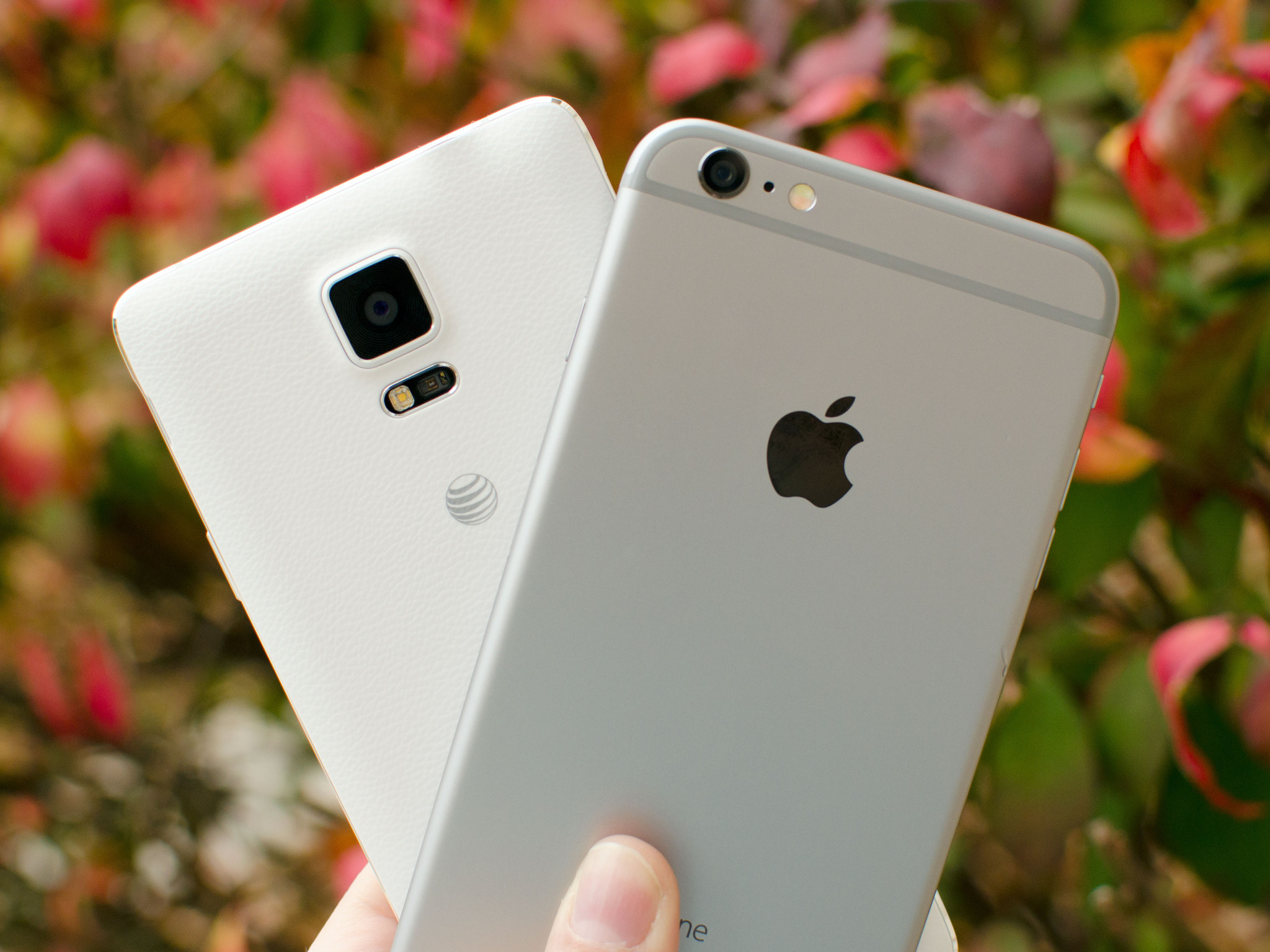Apple will report its first-quarter 2015 earnings later today, and analysts are expecting a blockbuster. That's in stark contrast to rival Samsung, whose profits have been stalling on both the premium and budget ends of market. What makes this remarkable is that Apple hasn't changed their product strategy to do it — they've doubled down on it.
The Wall Street Journal:
Samsung's share has been falling, hurt by lackluster sales of its flagship models and the rise of homegrown brands in fast-growing emerging markets. In the third quarter, Samsung shipped about 78 million smartphones, about 25% share of the global market, down from 34% a year earlier, Canalys said.
Enter Apple's new bigger-screen iPhone 6 and iPhone 6 Plus, which went on sale in September. Analysts polled by Fortune forecast that Apple sold 66.5 million iPhones in the quarter ended Dec. 27, up 30% from a year earlier. Some analysts expect iPhone sales to eclipse 70 million units in the quarter.
Despite calls for Apple to make everything from netbooks to low-end phones, the company has stuck to what they say they do best — "making great products." Historically, that's not only insulated them from the zero-margin mayhem at the bottom, it's allowed the company to position themselves as both premium and mainstream at the top, justifying higher cost by returning even higher value.
In the PC market, Apple takes a huge percentage of the profits despite a small percentage of the market. With the iPhone, however, we see how those profits scale.
Apple's focus on "great products" rather than diverse or cheap gadgets also means that the company tends to have customers who buy the iPhone because it's the iPhone. In other words, the company has customers who are loyal to Apple.
Samsung, by contrast, benefited from the absence of Apple in the big screen premium phone space and by the absence of local competition in the low-end phone space. They had customers who were loyal to size or cheapness.
Now Apple has the iPhone 6 and iPhone 6 Plus, two bigger screen phones, and one at an even higher price point. Those iPhone models will take some — maybe a lot — of the share of the big screen premium phone space. Meanwhile there are several strong new competitors eating into the low end space.
Apple gains on the high end, and continues to be relatively insulated on the low. Samsung gets hurt on both.
All by Apple doubling down on "great products".

No comments:
Post a Comment